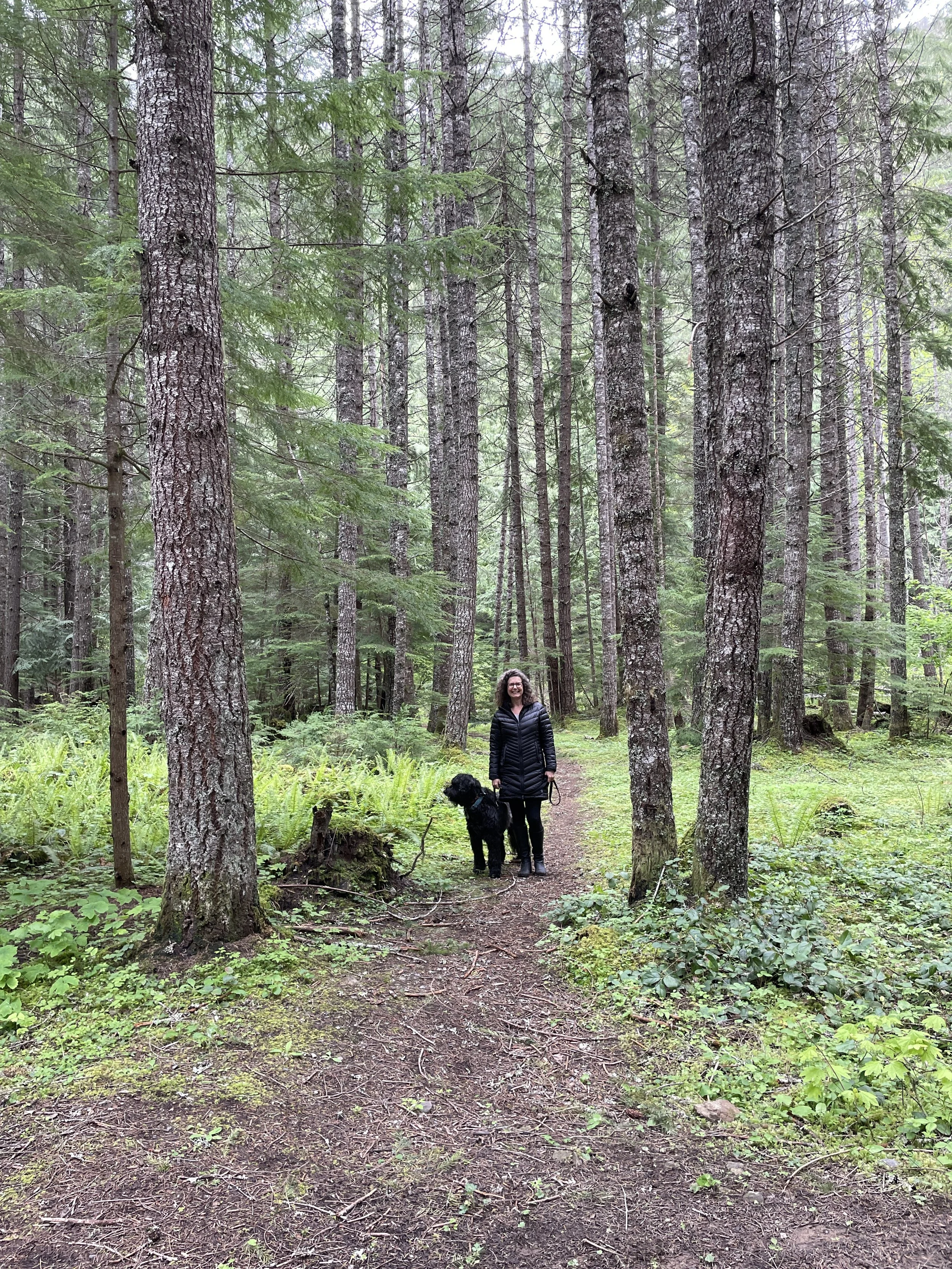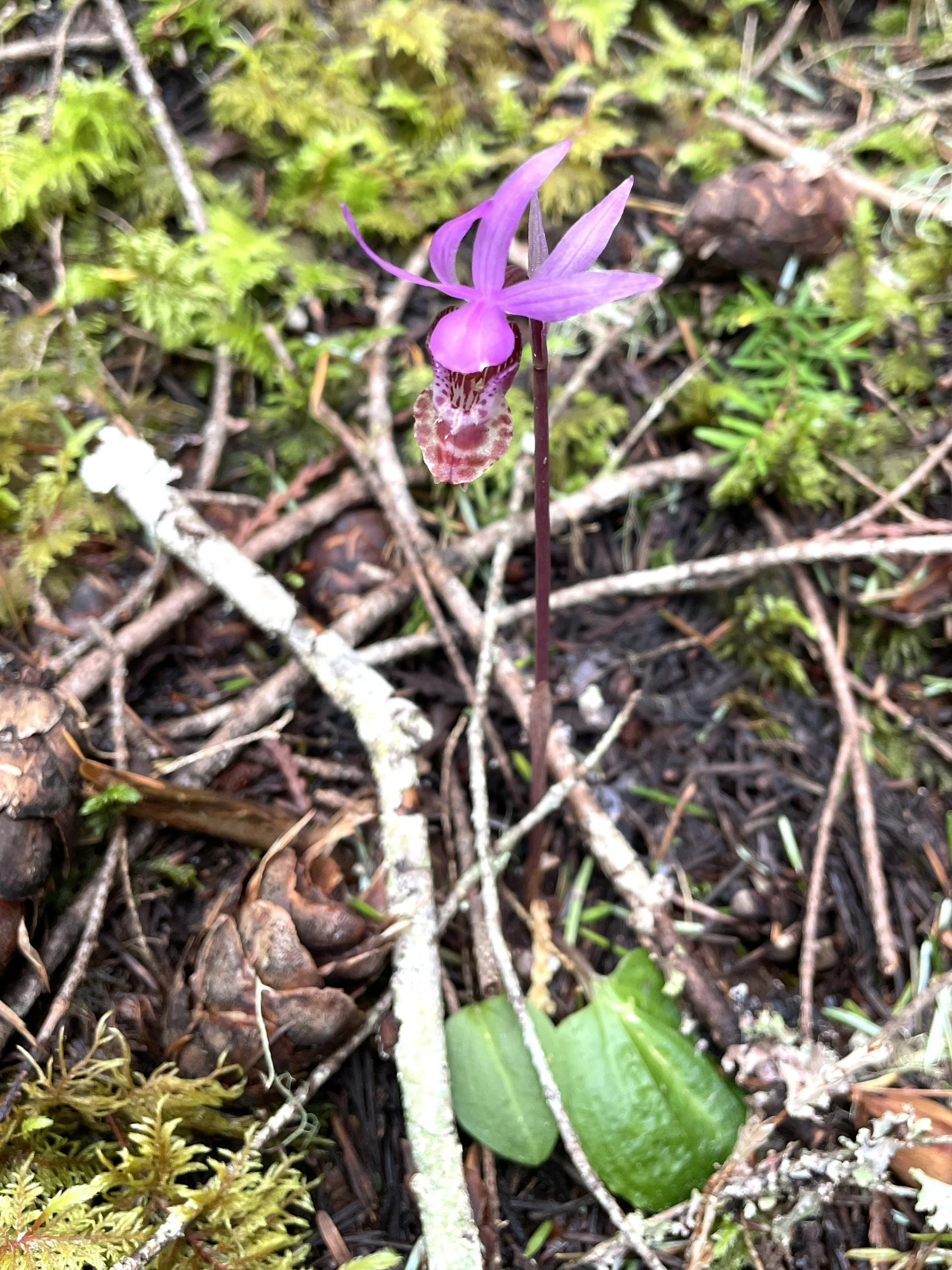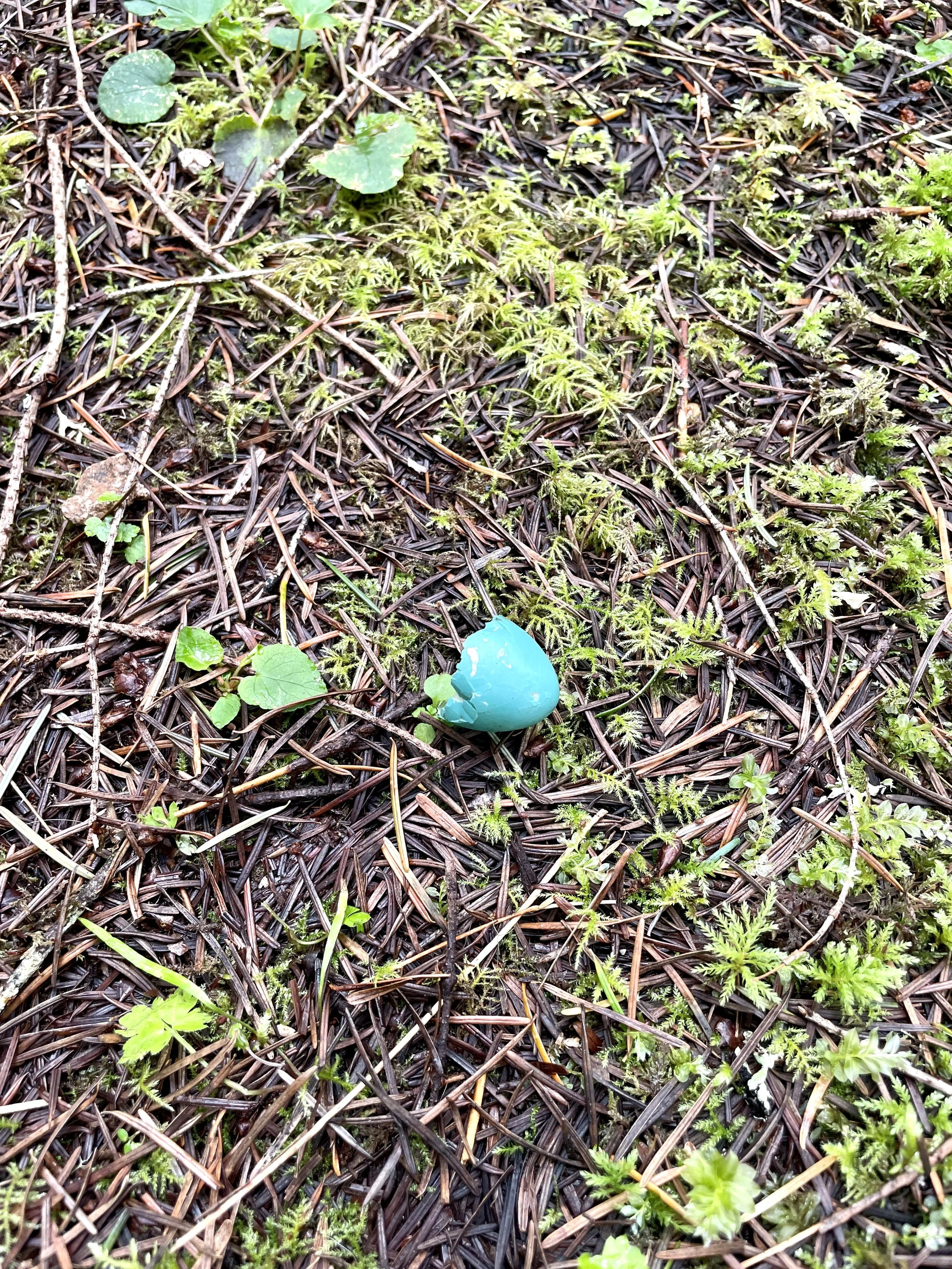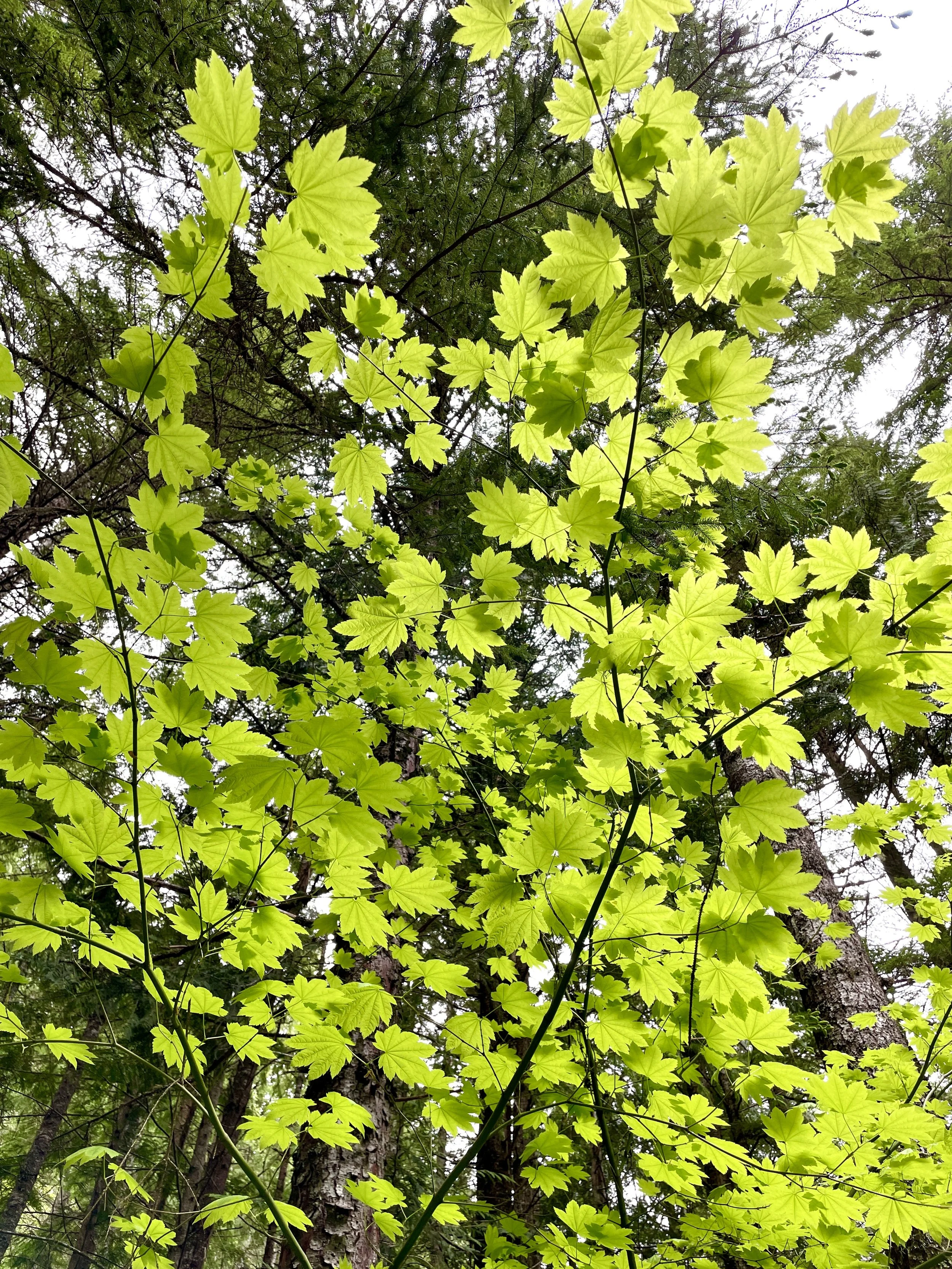Forest Bathing and the Microbiome
This past weekend, I did some much needed Forest Bathing. That is, I went into the woods and I breathed in the forest air, I touched tree bark, I fondled flora, I listened to the leaves, and I was still in nature. Forest bathing is different from hiking. Hiking is destination and exercise driven. Forest Bathing is a quiet, slow, and deliberate practice of being mindfully immersed in nature. Shinrin-yoku or Forest Bathing, a term coined by the Japanese Minister of Agriculture in 1982, translates to absorbing the forest atmosphere.
There are some well-documented health benefits of Forest Bathing, including:
Improved immune system function
Improved cardiovascular health, including lowered heart rate and a decreased risk for hypertension and coronary artery disease
Enhanced respiratory function, which can help ward off allergies and respiratory disease
Decreased mood disorders, depression, anxiety, and overall psychological distress
Enhanced mental relaxation, lowered cortisol levels, and improved feelings of calm and emotional well-being
In addition, new research suggests that not only are we metaphorically absorbing the forest atmosphere when we Forest Bathe, but we are also literally absorbing the atmosphere of the forest. When we spend time in nature, we breathe in microbes from the soil, leaves, and needle surfaces. Microbes in natural environments land on our skin and are ingested. Being immersed in nature alters our gut microbiota in positive and health promoting ways.
“Although diet has been the primary research focus concerning intestinal microbial diversity, we take this opportunity to highlight that other external environmental factors also seem to play a role in how intestinal microbial communities take their shape. In other words…natural environments can impact upon all human-associated microbial communities, which in turn could influence nerve cell communication. Taken together, the above evidence provides plausible mechanisms by which external environmental (including airborne) microbiota can bring about feelings of pleasure and change our mental and physical health for the better.” www.ncbi.nlm.nih.gov/pmc/articles/PMC4712592/
You don’t have to spend large swathes of time in nature, either. Spending as little as 20 minutes a day in nature has been shown to have significant health benefits. “120 mins contact with nature per week may reflect a kind of “threshold”, below which there is insufficient contact to produce significant benefits to health and well-being, but above which such benefits become manifest.” www.nature.com/articles/s41598-019-44097-3
So, get yourselves outside and into a natural environment. A beach, city park, or even a backyard garden will do nicely. You don’t need to exercise or even walk, just sitting in nature has been shown to have major benefits for emotional and physical health. Find yourself a green space, mindfully experience the sights and sound of nature, breathe deeply to absorb the microbes, and improve your health and emotional wellbeing.
Happy Forest Bathing!
🌲💕
www.ncbi.nlm.nih.gov/pmc/articles/PMC5580555/
www.pubmed.ncbi.nlm.nih.gov/31001682/
www.nature.com/articles/s41598-019-44097-3
www.pubmed.ncbi.nlm.nih.gov/27527193/
www.environhealthprevmed.biomedcentral.com/articles/10.1007/s12199-009-0086-9
www.frontiersin.org/articles/10.3389/fpsyg.2019.02942/full
www.sciencedirect.com/science/article/pii/S0048969716314826?via%3Dihub




